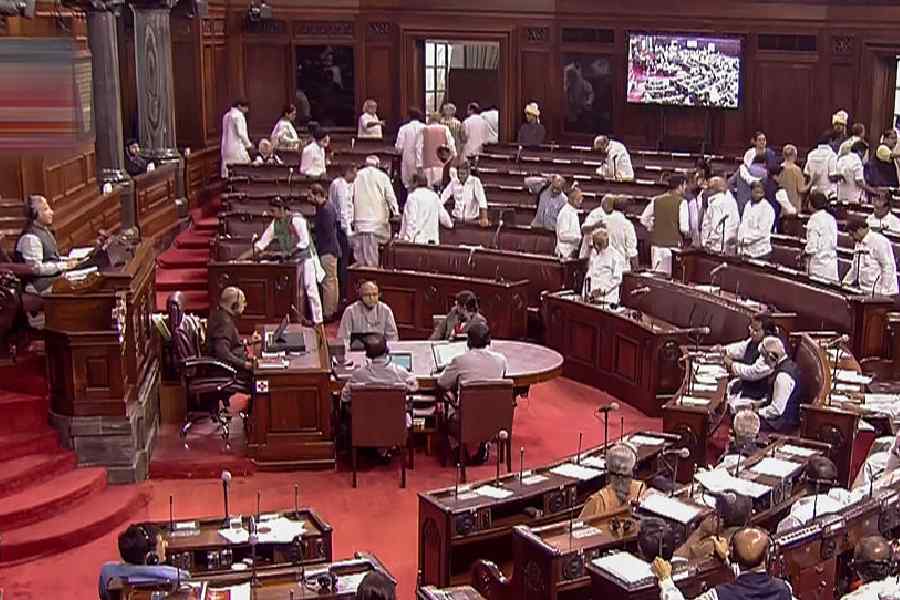In 2024, a significant change is on the horizon for the Rajya Sabha, the upper house of India’s Parliament, as 68 of its members are set to retire. This impending transition marks a crucial juncture in the composition of the esteemed legislative body, with implications for the political landscape of the country.
The Rajya Sabha, often referred to as the Council of States, plays a vital role in the Indian parliamentary system. Comprising members who are not directly elected by the public but are nominated by state legislatures and the President of India, this house represents the federal character of the nation. As a continuous body with one-third of its members retiring every two years, the impending retirement of 68 members signifies a substantial turnover.

Source:- ndtv
The retirement of such a significant number of members opens up opportunities for new faces to enter the Rajya Sabha. This turnover allows for the infusion of fresh perspectives and ideas, potentially contributing to the diversity of thought within the legislative framework. It also provides an avenue for the emergence of leaders who can shape and influence policy decisions on a national level.
Source:- India today
Simultaneously, the departure of experienced members may lead to a loss of institutional memory. Those retiring have likely accumulated years of legislative experience and knowledge, which could impact the house’s ability to draw on past insights when addressing complex issues. Striking a balance between the infusion of new talent and the preservation of institutional wisdom becomes crucial for the effective functioning of the Rajya Sabha.
The retirements also create an environment for political realignments. The selection of new members involves a complex interplay of regional politics, party dynamics, and individual capabilities. Political parties will strategically nominate candidates to secure their interests, leading to potential shifts in power dynamics within the Rajya Sabha.
The retirements in 2024 will undoubtedly influence the legislative agenda and decision-making processes. The new members will be tasked with navigating pressing national issues, contributing to the development of policies, and scrutinizing legislation. Their roles will be instrumental in shaping the legislative agenda and fostering a robust parliamentary democracy.
As the Rajya Sabha undergoes this transition, the nation watches with anticipation, eager to witness the impact of these retirements on the political landscape and the trajectory of India’s parliamentary democracy.
Share your views in the comments

